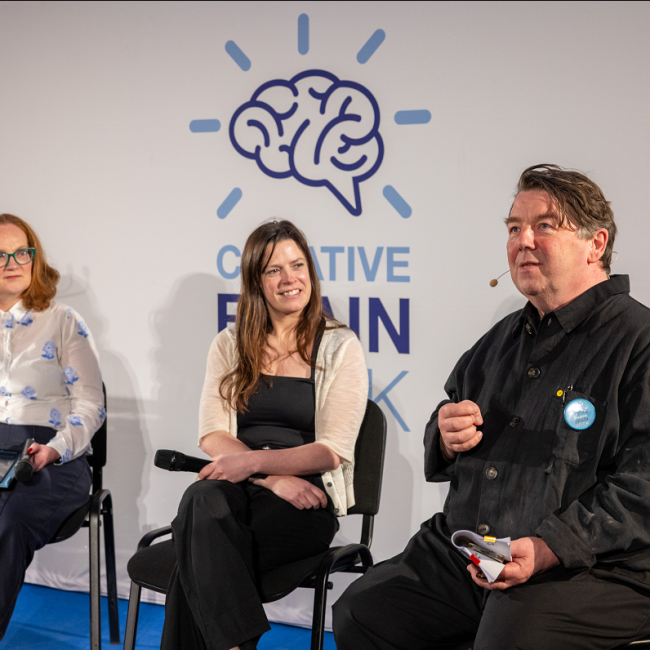GBHI and Atlantic Institute Host Conversations on Hope
The five-day programme brings together Atlantic Fellows from seven equity-focused programs around the world to explore how hope can drive individual, systemic and societal change.

In today’s uncertain world where the news seems to be full of stories about conflict and economic gloom, hope may be in short supply. A gathering in Dublin, jointly organized by the Atlantic Institute at Rhodes Trust, Oxford, and the Global Brain Health Institute (GBHI) at Trinity College, is looking at why, especially in dark times, hope is so important to our work and lives. The convening, Conversations on Hope, between December 5-9, is for Atlantic Fellows — equity-focused leaders from across the world who are driving change for social justice. They include Atlantic Fellows for Equity in Brain Health at GBHI, who will draw on their understanding of the brain science of hope and ways of improving brain health.
Brian Lawlor, Site Director, GBHI, Trinity said:
“This is not an easy world and tackling inequity in all its shapes and forms is not for the faint hearted. We’re here to explore the concept of hope and how hope helps us deal with adversity, conflict and uncertainty. While hope is experienced in the brain, it comes from somewhere outside ourselves.
As part of these conversations, we will discuss the brain science behind hope, what the hopeful brain looks like and particularly why hope is so important to our brain health and for people living with dementia.”
Evie O'Brien, Executive Director, Atlantic Institute, said:
“The Atlantic Fellows community’s mission is to strive for fairer, healthier, more inclusive societies in Ireland and across the world. Having hope is important because it sustains us — not just as individuals. With the support of the Atlantic Institute, the Fellows collectively hold real hope for the future as they act together to challenge and change policies and systems that hit the poorest and most vulnerable communities.”
Below: Brian Lawlor and Evie O'Brien
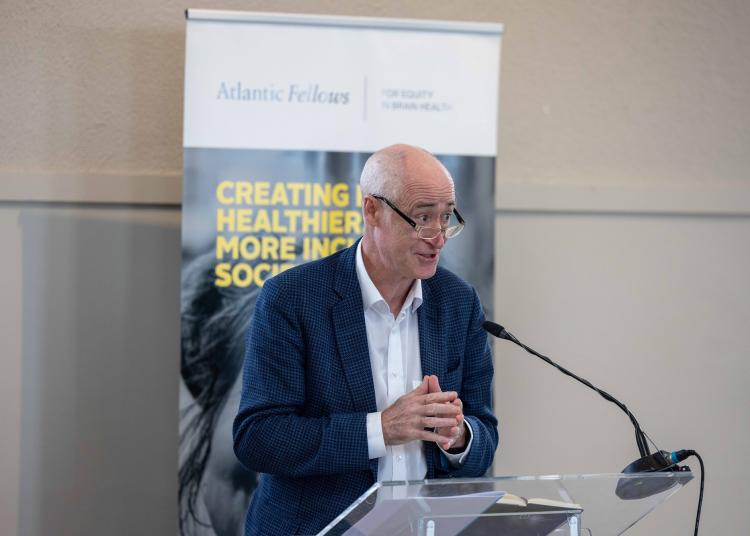
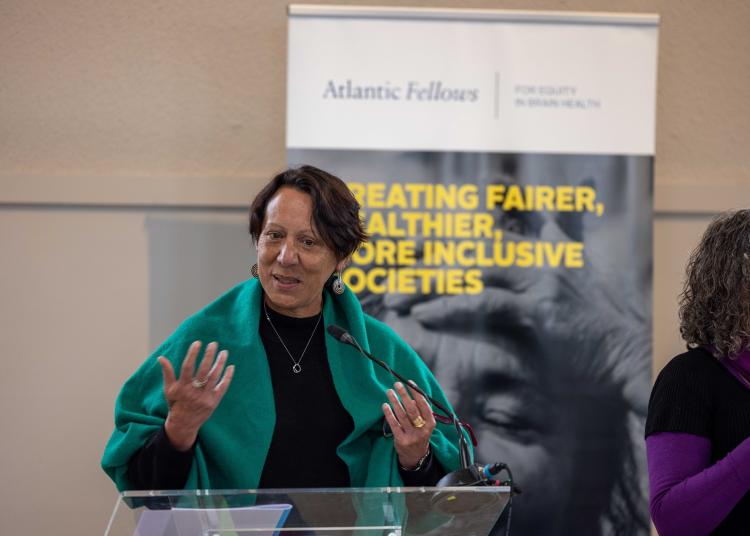
The speakers will highlight Ireland and its history as a case study and reference point to explore how hope drives individual, systemic or societal change. Chuck Feeney, the founder of The Atlantic Philanthropies that funded the Atlantic Institute and the Atlantic Fellows for Equity in Brain Health program at GBHI, supported many causes including the peace process in Ireland.
Hope and Growth
Led by GBHI faculty Brian Lawlor and Ian Robertson and Atlantic Fellows for Equity in Brain Health, artist Dana Walrath and cultural producer Dominic Campbell, this session will navigate the entwined realms of arts and science and aims to provide a clearer understanding of self-care and the impact of social trauma on brain health and well-being.
Peace and Reconciliation
The programme will include a day learning how the Glencree Centre for Peace and Reconciliation works with individuals and groups on conflict resolution strategies.
Using Art to Explore Hope
In this practical session Brian Maguire, an artist and activist working with the displaced and marginalized, will use art to explore hope with the attendees. His painting practice is driven by the struggle against inequality and violence, and the pursuit of justice.
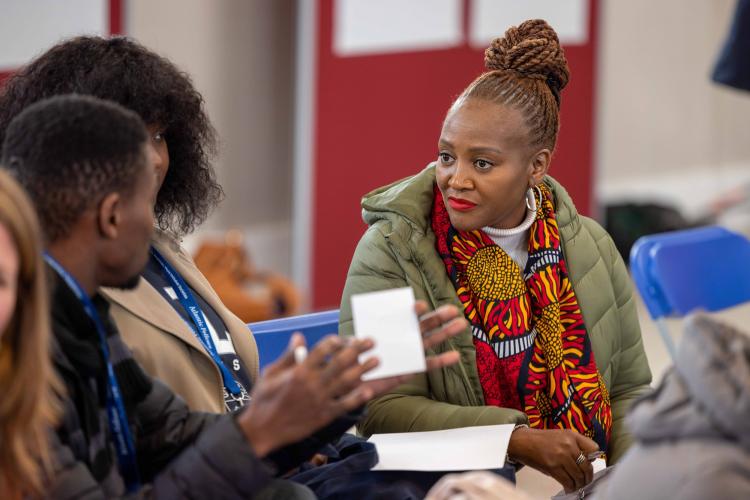
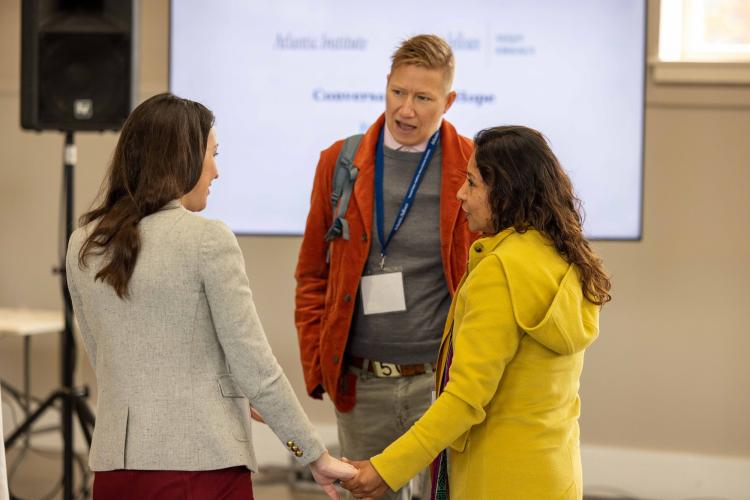
Above: Atlantic Fellows participate in Conversations on Hope
GBHI Members Mentioned
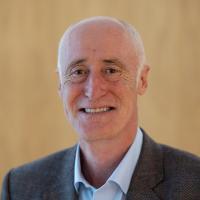
Brian Lawlor, MD, FRCPI, FRCPsych, MRIA
Founding Director, Trinity College Dublin

Ian Robertson, MPhil, PhD, FTCD
Founding Director, Trinity College Dublin

Dana Walrath, PhD, MFA
Writer, Artist, Anthropologist

Dominic Campbell
Cultural Producer
